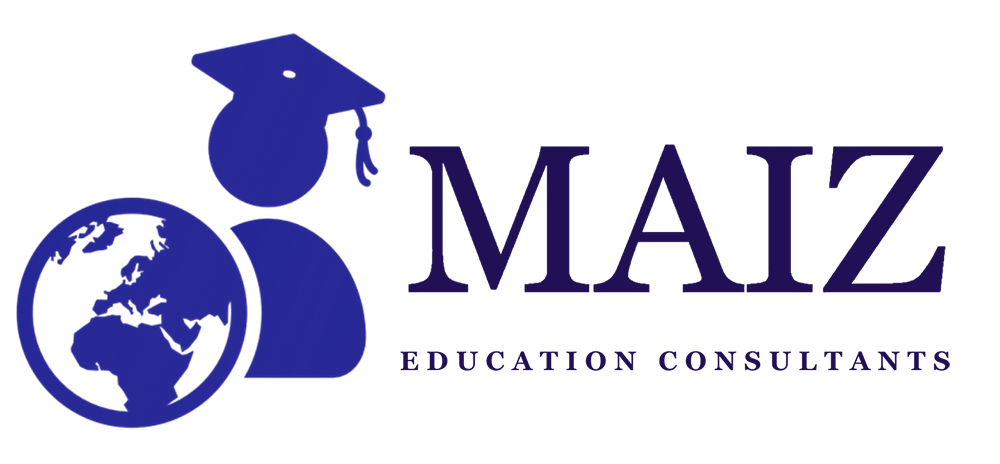Navigating the Document Maze: What You Need to Apply for a University Abroad
Studying abroad is an exciting and enriching experience that opens doors to new opportunities. But before you embark on this adventure, you’ll need to navigate the sometimes overwhelming paperwork. This guide will break down the essential documents required to apply for a university abroad. So, grab your passport and sense of adventure, and let’s dive into the world of international education.
Passport and Visa
Passport: Your passport is your ticket to the world. Ensure that it’s up to date and will remain so for the duration of your studies. Some countries may also require that your passport be valid for a certain period beyond your planned stay, so check the specific requirements of your chosen destination.
Student Visa: Depending on your destination, you’ll likely need a student visa. The process and requirements can vary widely from country to country. Generally, you’ll need:
- An acceptance letter from the university.
- Proof of financial stability.
- Passport-size photographs.
- Completed visa application forms.
- Application fees.
Always check the official embassy or consulate website of your host country for the most accurate and up-to-date information.
Academic Transcripts and Certificates
Transcripts: A crucial component of your application is your academic history. You’ll typically need to provide transcripts from your previous educational institutions. Ensure they are translated if necessary and evaluated as per the host country’s standards.
Certificates: Alongside your transcripts, you may need to provide certificates or diplomas you’ve earned. These should be notarized, translated if necessary, and evaluated to show equivalence to the host country’s education system.
Language Proficiency Test Scores
Most universities abroad require proof of your language proficiency, especially if you’ll be studying in a language other than your native one. The most commonly accepted language tests are:
IELTS (International English Language Testing System): Widely accepted for English-speaking programs.
TOEFL (Test of English as a Foreign Language): Another English language proficiency test often required.
DELF/DALF (Diplôme d’Études en Langue Française/Diplôme Approfondi de Langue Française): Required for studying in France.
TestDAF (Test Deutsch als Fremdsprache): Necessary for studying in Germany.
Ensure you meet the minimum score requirements of your chosen university.
Letter of Recommendation
Universities usually require at least one or more letters of recommendation. These letters should ideally come from professors or professionals who can vouch for your academic capabilities, character, and suitability for the program.
Statement of Purpose (SOP)
Your Statement of Purpose is your opportunity to shine. In this essay, you should explain why you want to study abroad, your academic and career goals, and why you’ve chosen the specific university and program. Make it personal, impactful, and show your passion for the subject.
Curriculum Vitae (CV) or Resume
Your CV or resume should provide a concise overview of your academic and professional history. Highlight your achievements, relevant work experience, and extracurricular activities. It’s your chance to show the admissions committee what makes you a well-rounded candidate.
Financial Documents
You’ll need to prove that you have the financial means to support your studies and living expenses abroad. Documents may include:
- Bank statements showing sufficient funds.
- Affidavit of financial support.
- Scholarship or grant award letters.
- Proof of health insurance coverage.
Ensure you understand the specific financial requirements of your host country, as they can vary significantly.
Passport-size Photographs
In addition to those needed for your visa application, you may need extra passport-sized photographs for student identification cards, library cards, and other administrative purposes.
Health Records and Vaccination Certificates
Many countries require international students to undergo certain medical examinations and vaccinations. Ensure you have an up-to-date record of your vaccinations, and complete any necessary medical tests or check-ups.
Portfolio (for Art and Design Programs)
If you’re applying for programs in art, design, or related fields, a portfolio showcasing your work is crucial. Ensure it’s well-organized and clearly presents your skills and creativity.
Additional Documents
Depending on your chosen destination and program, there may be additional requirements. These could include:
- Police clearance certificates.
- Health insurance coverage.
- Proof of accommodation arrangements.
- Standardized test scores (e.g., GRE, GMAT).
Conclusion
Navigating the document requirements for studying abroad may seem like a daunting task, but with proper planning and attention to detail, it’s a manageable process. Remember to start your preparations well in advance, as gathering and verifying these documents can take time.
Studying abroad offers a world of possibilities, enriching your education and personal growth. So, as you embark on this exciting journey, ensure you have all the required documents in order. Your adventure awaits!
Recent Posts

No, each university will have its specific requirements and application procedures. While some documents, like transcripts and language test scores, may be common to all applications, others, such as the Statement of Purpose, may need to be tailored to each university’s program.
Notarization adds a level of authenticity and credibility to your documents. It confirms that the documents are genuine and have been verified by a recognized authority. Many universities and immigration offices require notarized copies to prevent fraud.
To ensure your documents meet the host country’s standards, research the specific requirements and guidelines provided by the university and the country’s embassy or consulate. You can also seek assistance from educational consultants who specialize in international admissions.
Requirements for a student visa may include an acceptance letter from the university, proof of financial stability, passport-size photographs, completed visa application forms, and application fees. Specific requirements vary by country, so it’s crucial to check the official embassy or consulate website of your host country.
Many countries require international students to provide health records and vaccination certificates. Ensure your vaccinations are up to date and be prepared for any required medical examinations.







